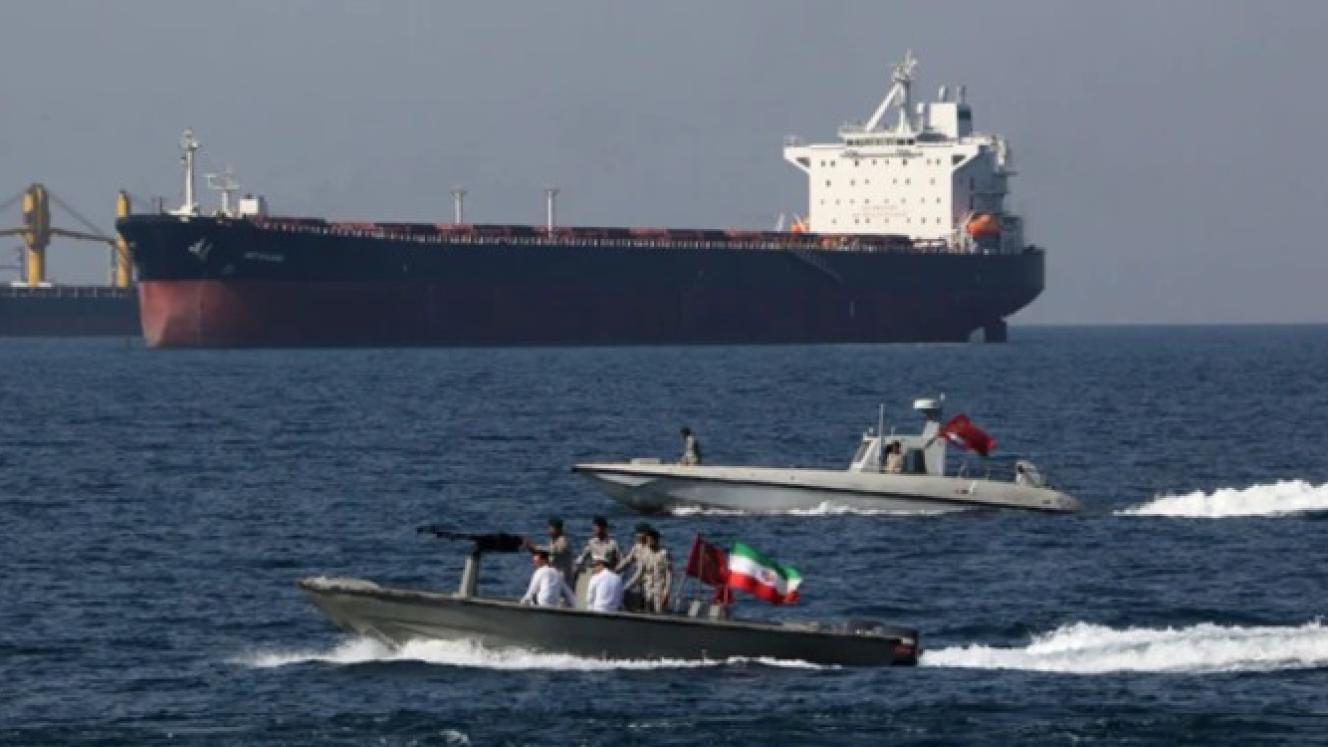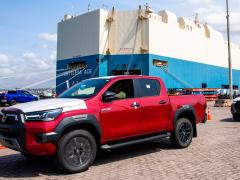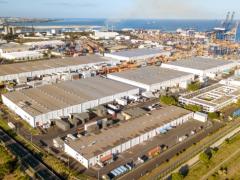Express delivery retailer Takealot faces fiercer competition from Temu after the Chinese disruptor announced the “roll-out of local fulfilment in South Africa”, which essentially means same-day delivery of certain goods.
Shoppers can now expect delivery inside 24 hours of all online items indicated as “local warehouse” goods, Temu has said.
The Asian express retailer said domestic warehousing was already available in the US, Canada, Australia, Japan, Germany, France, Italy, Spain and the UK, and brought South Africa on board as Africa’s first roll-out recipient of “local fulfilment”.
A statement issued by the rapidly expanding brand, said: “The launch of local warehouse dispatch marks an exciting step forward in our mission to deliver a faster, smoother, and more satisfying shopping experience.
“By bringing products closer to our South African consumers, we’re not only improving reliability but also expanding the variety of items available to meet local needs and tastes. It’s all about making shopping with Temu even more convenient and rewarding.”
News of the company’s localisation efforts is set to provoke yet more resistance from South African competitors who have accused Temu of exploiting the de minimis exemption by the South African Revenue Service (Sars), a 2007 concession levying duties of 20% on imports of R500 or less.
It is claimed that, because Temu doesn’t have to pay 45% import duties on clothing imports, an unassailable tariff payable by importers of more expensive items, the disruptor is exploiting a loophole that boils down to unfair competition.
In its 2024 annual report, Takealot, which is owned by Naspers, warned that Temu and its Chinese competitor, Shein, were “threatening South Africa’s reindustrialisation and localisation efforts”, particularly by flooding the market with inexpensive imports.
Takealot accused these platforms of exploiting regulatory loopholes through small-parcels imports to avoid taxes and duties, which undermines local businesses, stunts local job creation, resulting in fiscal revenue losses.
Takealot claimed that Temu and Shein "do not invest in physical infrastructure locally, nor do they employ locally – a net loss to South Africa”.
It was reported that Takealot CEO, Frederik Zietsman, among others in the retail and express parcel industry, had been lobbying Sars and related government bodies to examine unfair competitiveness in e‑commerce.
Essentially, they are asking for fair application of duties and taxes, and accountability from offshore e‑retailers.
Temu has explained that its “local fulfilment” model is based on third-party logistical (3PL) partnerships, thereby contributing to South Africa’s domestic supply chain industry.
According to Temu, its inventory services and systems, as well as sales support and last-mile delivery requirements, all required localised 3PL deployments.













